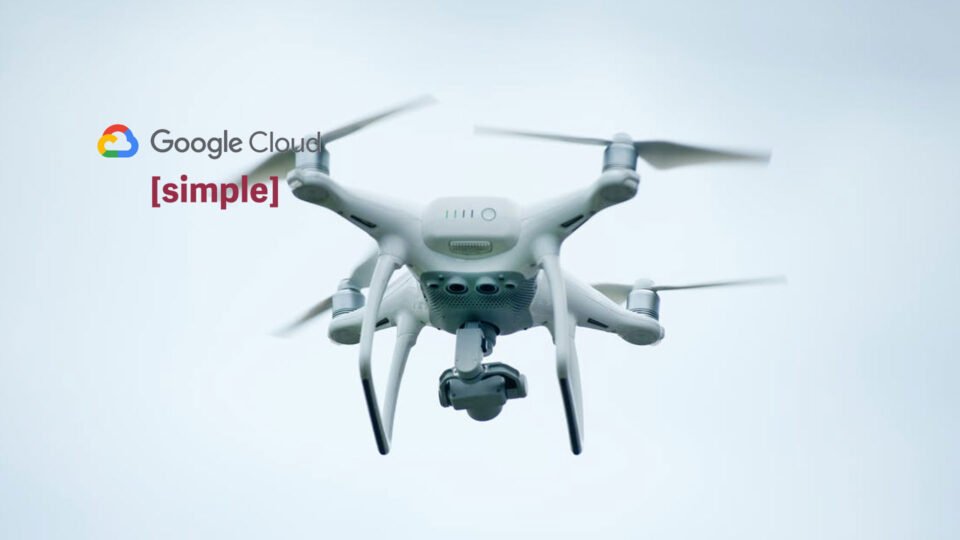Google Cloud AutoML, deployed by STS, will remotely inspect Navy assets via drone-captured images
Google Cloud and Simple Technology Solutions (STS)—a Google Cloud partner and small business specializing in multi-cloud solutions for the federal government—today announced they are working with the U.S. Navy to modernize the maintenance and repairs inspection process for Navy vessels and facilities.
STS will use Google Cloud artificial intelligence (AI) and machine learning (ML) technologies on inspection drone-captured images to detect, prioritize, and predict its maintenance needs. The work was awarded to STS as a Phase I Small Business Innovation Research project due to the technology innovation and potential for commercialization.
The U.S. Navy currently spends billions per year on maintaining and repairing its fleet of vessels and other platforms like aircraft and facilities. It is a largely manual, labor-intensive process. STS will train Google Cloud AI and ML models on tens of thousands of images to identify corrosion as part of the first phase with the Navy. Using imagery and Google AI/ML technologies, STS will seek to drastically reduce the labor burden and safety risk associated with maintenance inspections.
How it works:
- STS will leverage public domain and inspection drone images to build a high-quality AI/ML model using Google Cloud AutoML, a simple, secure, and flexible ML service that allows organizations to build custom vision models.
- STS will collaborate with the U.S. Navy corrosion subject matter experts to label and train the data using Google Cloud’s AI Platform Data Labeling Service.
- STS will iteratively train and validate the model using custom inspection drone flight data, which will be uploaded using Google Cloud Storage for processing. The models will continually improve and update themselves based on the newly ingested data.
“This is about automation, saving time and money, and keeping inspectors out of harm’s way,” said Aaron Kilinski, chief technology officer, STS. “The initial goal for Phase I is to build a model that detects corrosion in drone images with a very high degree of accuracy. The ultimate goal, however, is to move from detection to prediction by expanding the subjects and sensors, and eventually integrating with Navy systems. We selected Google Cloud AutoML because it allows our engineers to train and test high-quality models quickly. Google Cloud provides an unrivaled degree of specification to meet tough business objectives in compliance with FedRAMP High.”
“The manual inspection of Navy ships and vessels is a time-intensive, costly process that can drive up costs and slow down deployment,” said Mike Daniels, vice president of Global Public Sector, Google Cloud. “We’re proud to work with the U.S. Navy and empower them with Google Cloud technology to transform corrosion inspections for greater efficiency and safety.”
Google Cloud has previously worked with customers in a wide range of industries to support AI-enabled object detection for maintenance and safety, from helping power company AES assess damage to its hundreds of wind turbines, to working with the City of Memphis on automatically detecting potholes in city streets.

